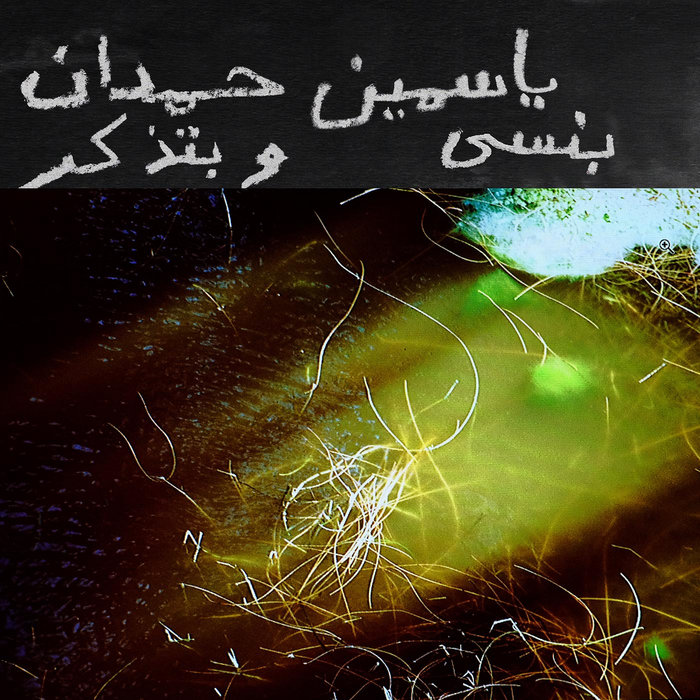
I remember I forget بنسى وبتذكر (Single) – Yasmine Hamdan
this blog is GROOVY – check out great Soul, Funk, Jazz, Hip Hop, Bass, Breaks , Reggae, House n many more TUNES
Arabic music is like a colorful tapestry woven with rich threads of history, culture, and rhythm. From the bustling streets of Cairo to the serene landscapes of Lebanon, this genre has an incredible past filled with fascinating stories and funky beats that just make you wanna dance. So grab your favorite cup of mint tea, let’s groove through the enchanting world of Arabic music!
Our musical journey starts way back in ancient times when people used simple instruments made from wood and animal skin to express themselves. It’s believed that these early tunes were more about communing with nature than performing for audiences—imagine some dude playing a primitive lute while surrounded by his sheep!
Fast forward to around the 9th century: this is where things get spicy! Musicians began using maqam, which are melodic modes similar to Western scales but way cooler (because they have microtones). These maqams are like personality traits for songs; each one evokes different feelings—from joy to melancholy.
During the Islamic Golden Age, Arabic music flourished under the rule of caliphs who loved art. Picture yourself in a grand palace where musicians played complex compositions while mathematicians debated theories—what a vibe! This period saw great poets like Al-Mutanabbi writing lyrics that still resonate today.
Did you know that Ibn al-Haytham (yes, that guy!) not only studied light but also dabbled in music theory? Talk about multitasking!
As we roll into the late 19th century, modern Arabic music begins cooking up something new. With influences from Western genres creeping in (thanks colonialism), artists began blending traditional sounds with fresh ideas. Enter the use of piano—an instrument previously banned because it was considered “non-Arabic.” But hey, rules schmoozes right?
The early 20th century birthed legendary figures like Umm Kulthum who could literally move mountains with her voice! Imagine belting out such powerful notes that even mountains go “wow”—that’s Umm Kulthum for ya! She earned titles like ‘The Star of the East’ and held concerts attended by thousands.
Speaking of Umm Kulthum’s concerts—you know those long three-hour performances? Audiences would sit glued to their seats as she sang just one song for hours… No bathroom breaks allowed!
Jump ahead again—to post-WWII when radio became king and pop started taking over. Musicians like Abdel Halim Hafez brought romance back into fashion as he serenaded listeners’ hearts through airwaves—and don’t forget Fairouz whose voice feels like warm honey on a chilly evening. Sweet melodies flowed everywhere!
Then came disco fever and fusion styles hit hard during the ‘70s and ‘80s! Funky outfits paired perfectly with catchy rhythms as artists experimented wildly across borders bringing diverse sounds together.
In Egypt’s nightclubs at this time DJ’s would mix traditional folk dances called raqs sharqi or belly dancing(!) right alongside modern disco tracks; can you imagine trying out moves you’ve never even seen before?!
With globalization peeking its head into every facet including our soundscapes—the internet blew everything wide open during late ‘90s/early 2000s onward transforming how artists collaborated globally—a whole new wave emerged mixing genres from hip-hop all over Arab lands & beyond embracing distinct cultural identities!
Artists started engaging social media platforms creating lovely mashups blended vibes ranging anywhere from trap rap influenced xiqqi beats invoking nostalgia remixes channeling classic hits mixed leads swiftly towards unknown territories—we’re talking cross-cultural fusions galore here folks !
A cool thing about today’s digital scene? You’ve got viral challenges popping up involving famous singers sharing collabs live online whether through TikTok or Instagram meanwhile connecting fans across continents instantly spreading joy left-right-center isn’t life magical?
And remember when someone joked suggesting why rap might do well without knowing cribbing its origins partly attributed via stories passed down verbally? Well…good luck trying not enjoying Snoop Dogg trying out Bahtan melodies next time round 🤣 !
So there we have it—Arabic music isn’t just about ethereal vocals or mesmerizing rhythms; it encapsulates centuries worth crazy tales colored beautifully by diverse experiences shaping identity throughout regions worldwide uniting humankind celebrating shared moments freshening lives enriching us all along way !
Next time you hear an oud strumming away or catch yourself tapping your feet to some dreamy melody remember—it carries within richness quite literally spanning ages!! Now tell me how can anyone resist rocking along wherever these groovy tunes take them?! 🎶💃🕺

I remember I forget بنسى وبتذكر (Single) – Yasmine Hamdan
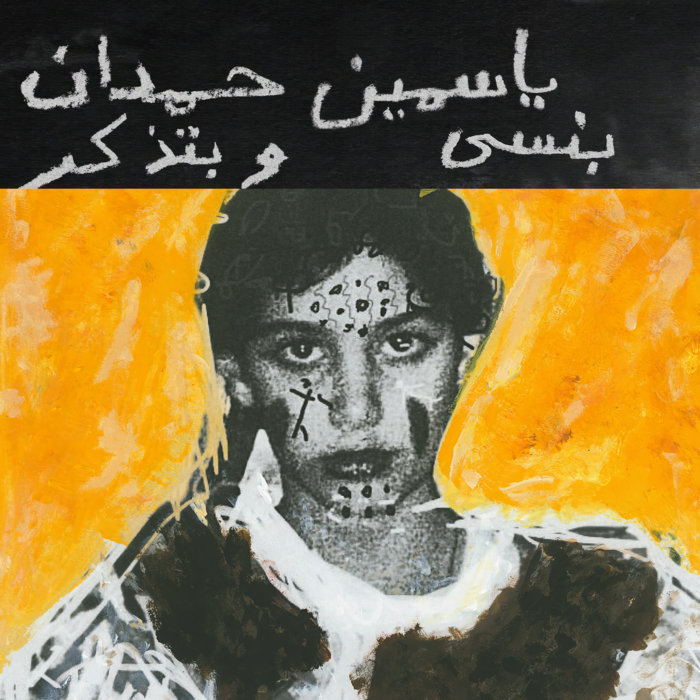
Hon هون – Yasmine Hamdan
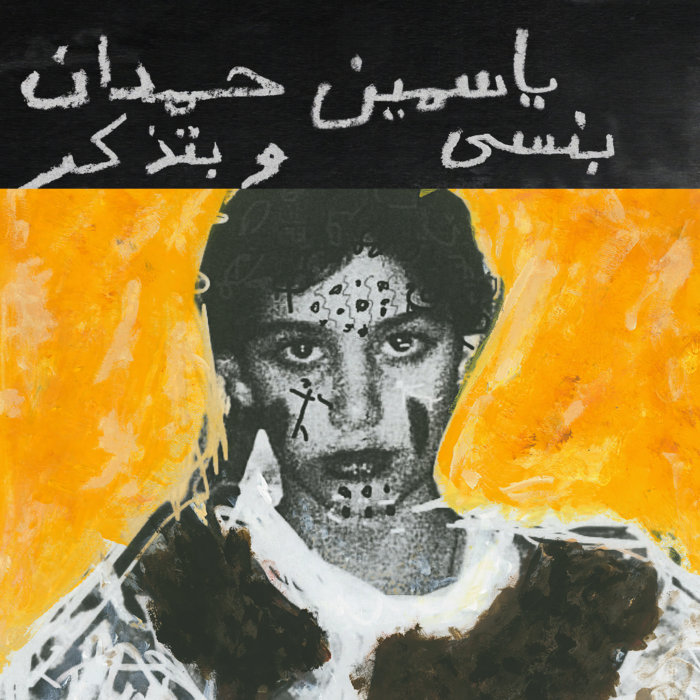
Shmaali شمالي – Yasmine Hamdan
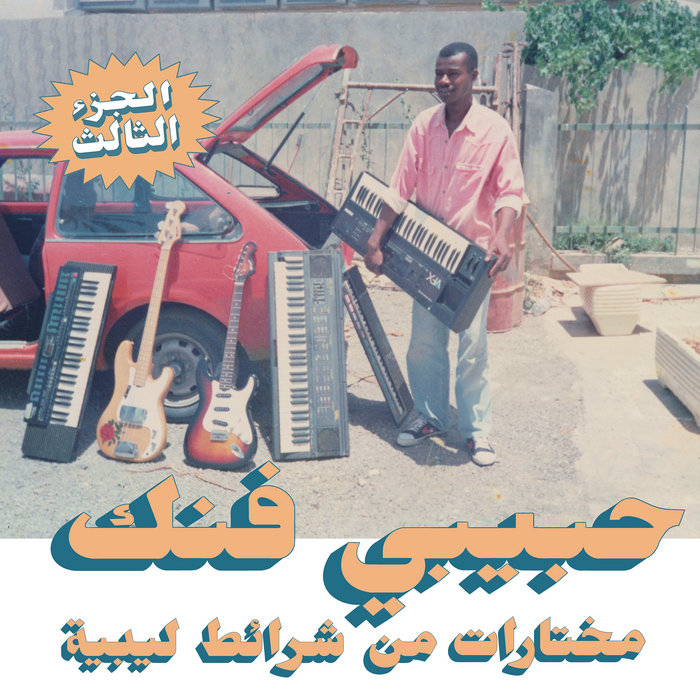
Jiti Yam Eloyoun Buhoor – Khaled Al Zlitni
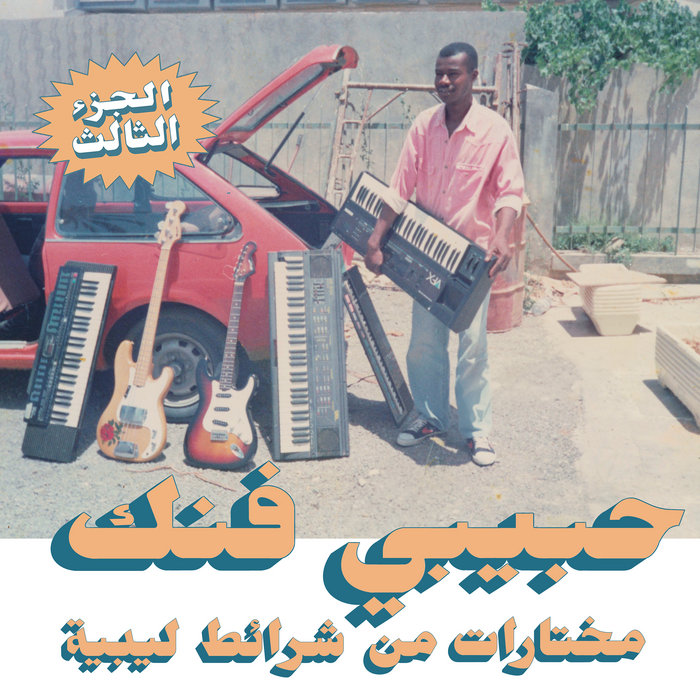
Zannik – Khaled Al Reigh
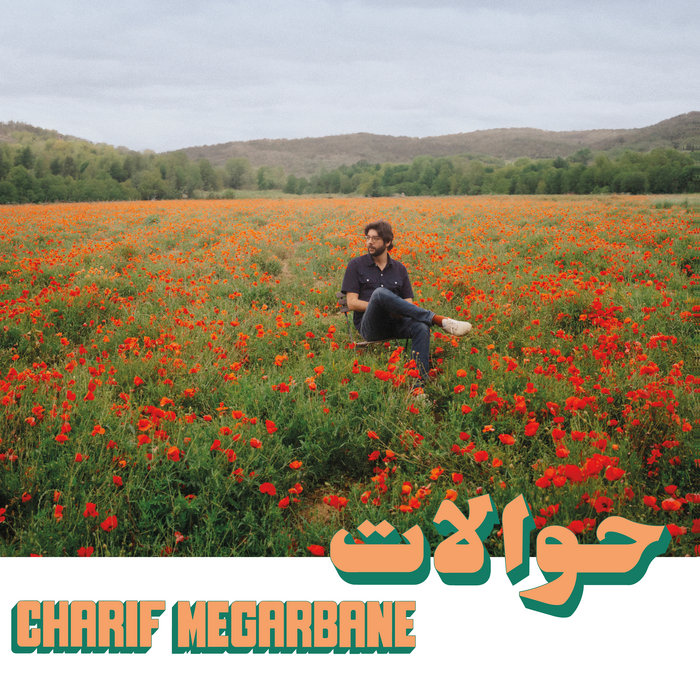
Hanadi – Charif Megarbane
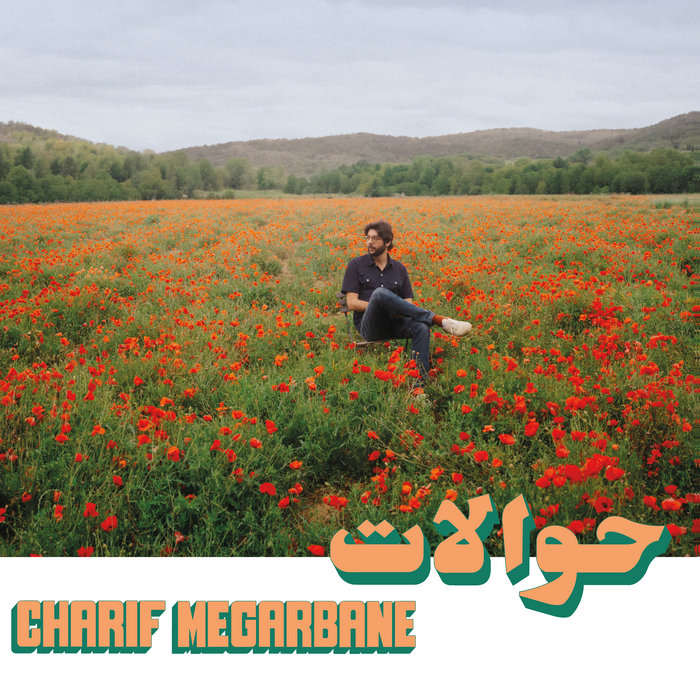
Dreams of an Insomniac – Charif Megarbane
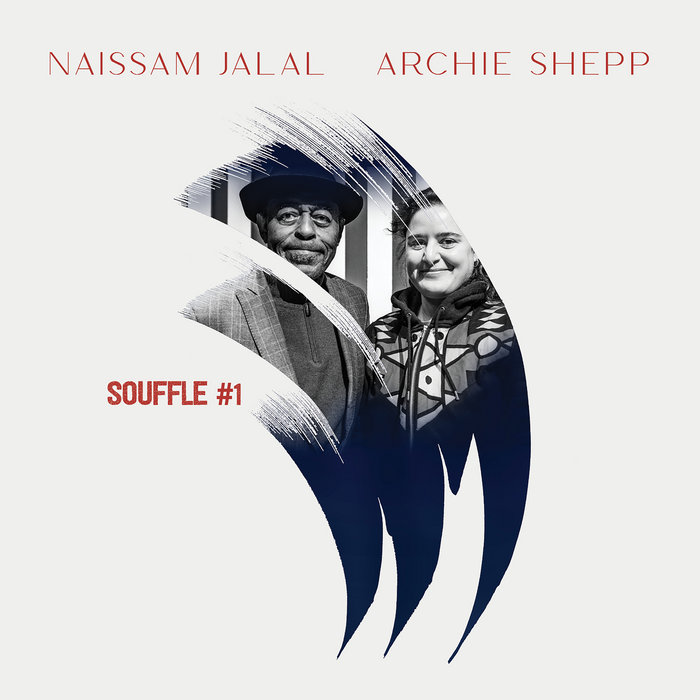
Souffle #1 feat. Archie Shepp – Naïssam Jalal

Sabir ft. Billur Battal – Dar Disku

Dbayli ft. Yacine El Khaldi – Dar Disku